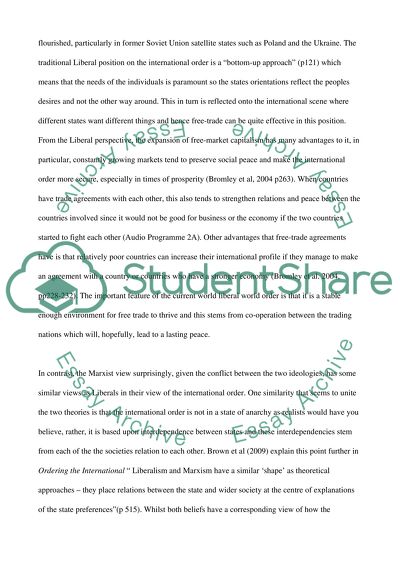Cite this document
(“Politics Essay Example | Topics and Well Written Essays - 2000 words - 2”, n.d.)
Retrieved from https://studentshare.org/miscellaneous/1555522-politics
Retrieved from https://studentshare.org/miscellaneous/1555522-politics
(Politics Essay Example | Topics and Well Written Essays - 2000 Words - 2)
https://studentshare.org/miscellaneous/1555522-politics.
https://studentshare.org/miscellaneous/1555522-politics.
“Politics Essay Example | Topics and Well Written Essays - 2000 Words - 2”, n.d. https://studentshare.org/miscellaneous/1555522-politics.


